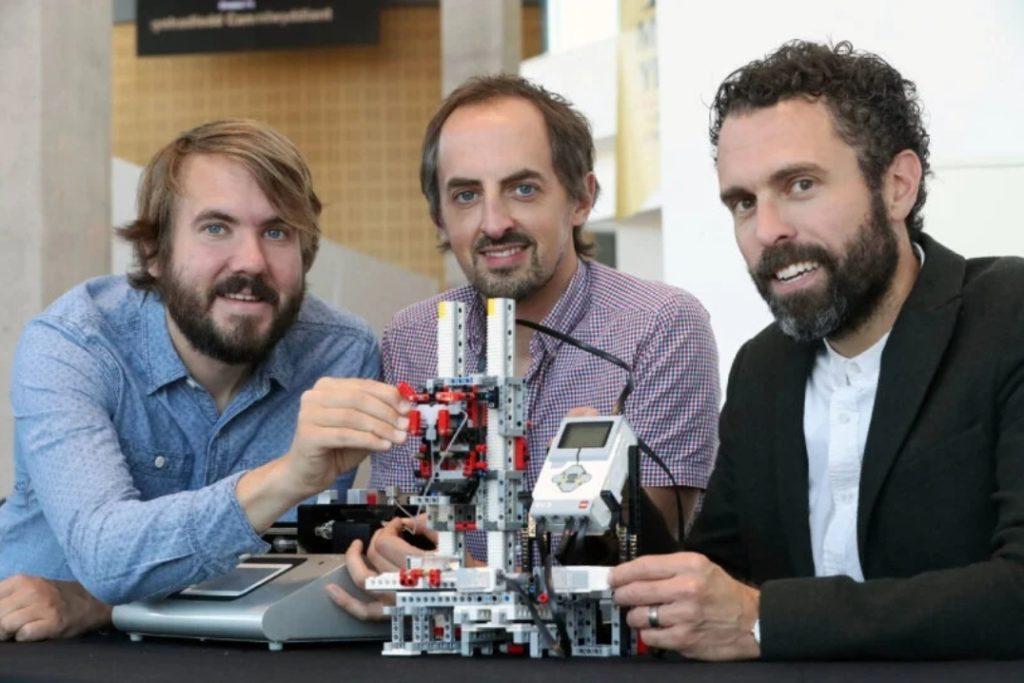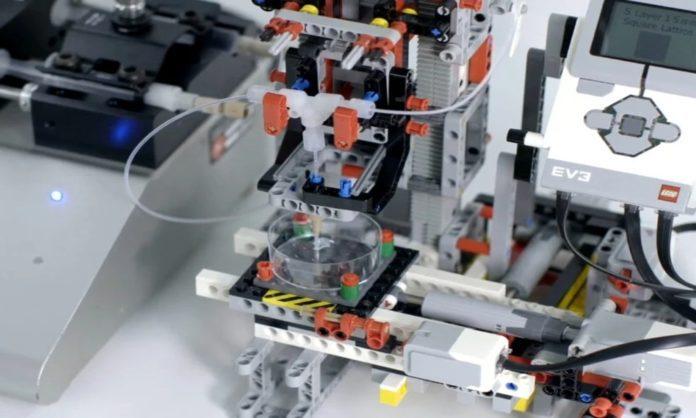Cardiff University pharmaceutical researchers collaborated to develop a low-cost 3D bioprinter that can manufacture human tissue samples to lower this barrier. The first three items they acquired were common Lego bricks, Lego Mindstorms bricks (which weren’t specifically made for robotics until late last year), and a common lab pump. The team worked in collaboration with Cardiff engineers and biologists to design, assemble, and program the device, ultimately creating a 3D bioprinter for just £500 ($623).
Read More: This AI-Generated Commerical Is No Less Than A Nightmare
Bioprinting For Organ Development
Utilizing “bio-ink,” a substrate containing living cells, researchers create tissue using the more recent 3D bioprinting technique. The medical industry, which over the past few years has done everything from 3D printing a human ear to generating lung replicas, is expected to benefit most from this technique. The limited supply of human transplant organs could be supplemented and typically invasive surgeries could be carried out in a less invasive manner thanks to 3D bioprinting, researchers say.
However, the cost of 3D bioprinting is a major obstacle. Both the bioprinters and the materials they need to print are pricey. While some of the cells in bio-ink are derived from donated organs, there are ethical considerations when using cells from tissue removed during surgery.
‘We’ve demonstrated that, despite being constructed from an inexpensive and simple construction tool, this bioprinter is highly engineered and achieves the required level of precision to produce delicate biological material without any compromise in its performance,’ says Dr. Castell.

‘As with all 3D bioprinting, there are more studies to be done, to look at developing the cell compatibility and viability of bio-inks. By making our printer readily available, we hope researchers will adopt this technology to share expertise and develop the model with additional LEGO components for the benefit of the biomedical research community,’ adds Dr. Castell.
Read More: Google Opens Its First “App Growth Lab” To Assist Aspiring App Developers In Pakistan
Stay tuned to Brandsynario for the latest news and updates.







































